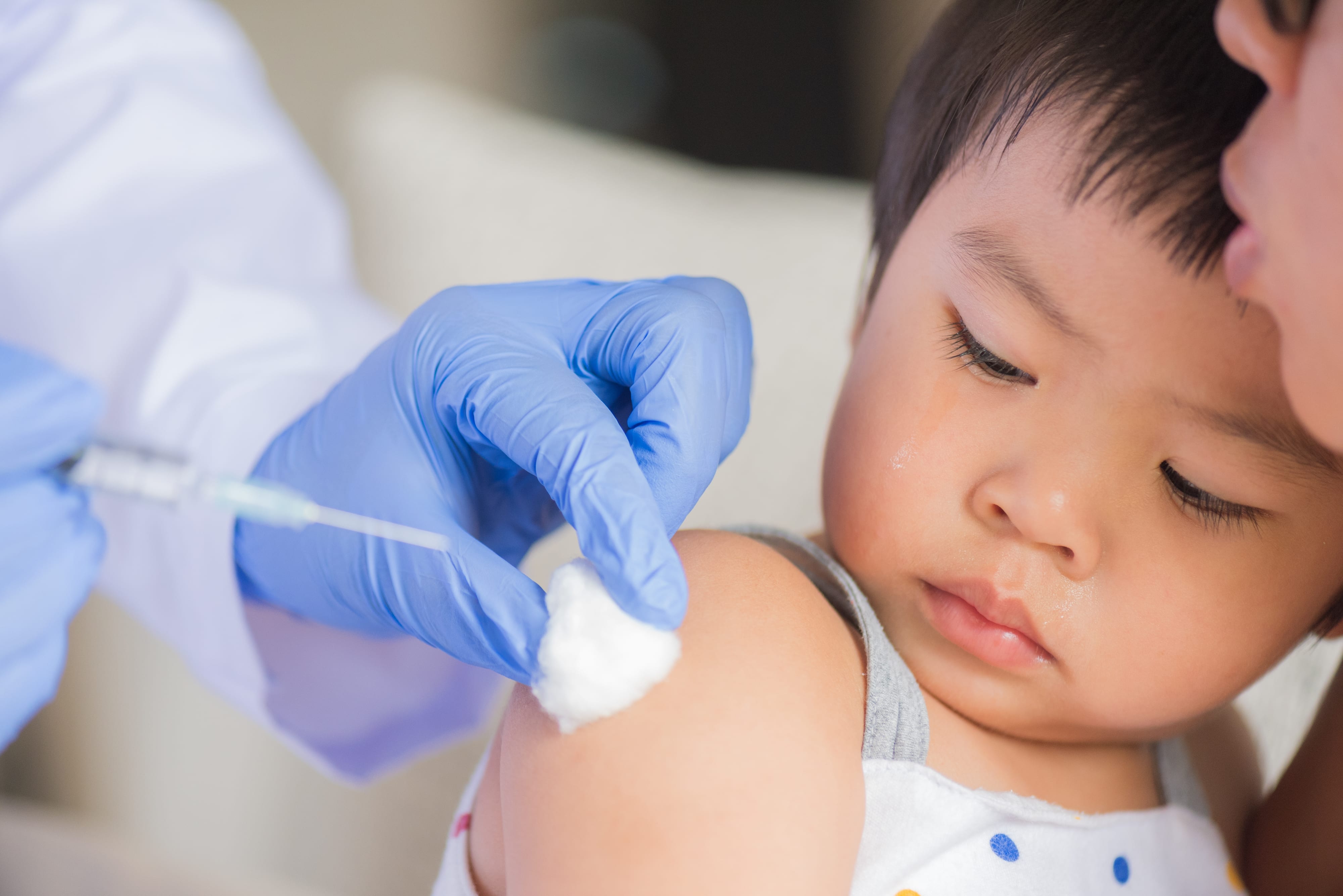CCTs for Immunisations

Location
Pakistan
Sector
Public Health
Type of Investment
Grant
Project Stage
Test & Transition
Length of Investment
2016-2022
Investment Overview
Small incentives and messages informed by behavioural science have the potential to drastically increase uptake of life saving immunisations. GIF’s grant to International Research and Development (IRD) enabled them to evaluate a range of different incentives combinations to identify the most cost effective.
The Development Challenge
Despite the availability of free-of-cost vaccines,19.7 million infants fail to receive age-appropriate basic immunizations globally, and over 1.5 million children die from vaccine-preventable diseases each year. In many countries, higher immunisation rates early in infancy dip significantly by the end of the immunisation schedule. Studies indicate that in Pakistan alone, an estimated 9-13 million children under the age of 2 have not received age-appropriate immunisation coverage.
The Innovation
IRD has collaborated with the government of Sindh on a phone-based electronic registry for childhood immunisations since 2014. This registry offers the opportunity to deliver and evaluate different types of incentives to encourage full immunisation. IRD’s innovation focuses on testing different amounts of cash immunisation, changes in the payment schedule (flat versus rising payments over the schedule), different design elements (including incentive lotteries) and payment mechanism (airtime or mobile money) in order to identity the most cost-effective contribution to immunisation completion rates.
Our Investment
GIF awarded IRD a $856,215 Test and Transition grant in 2016. The grant was to conduct an experimental study in Karachi, Pakistan, to measure the relative effectiveness of different types of incentive structures (including the optimal amount, progressivity, and certainty of payment) on immunisation coverage rates and timeliness. Additionally, GIF investment would help identify the optimal model of delivering small incentives that has minimal associated costs and is logistically simple.
Progress to date
The randomised evaluation was concluded in 2020 and published in the eClinicalMedicine journal in 2022. The findings show small CCTs (USD 0.8 to 2.4) improve both immunisation coverage and timeliness with a cost as low as USD 18 per additional fully immunised child. Notably, providing a ‘sure (non-lottery)’ amount equivalent to USD 2.4 at each immunisation visit, makes a child 16% more likely to complete his full course of vaccines. SMS reminders, without incentives also yielded significant gains in timeliness of measles vaccination.
The Government of Sindh has since committed to scale up the mCCTs for immunisation in seven high-risk districts (those with the lowest pentavalent-3 and measles-1 coverage rates). This programme was launched in January 2021 and will scale to benefit around 1.2 million 0-23 months old children in these high-risk districts annually. IRD’s received a subsequent grantof up to $25m from GiveWell to support the scale up in 2021.
CCTs for Immunisations in numbers
Cost per additional child fully immunised
Children to be reached at scale in Sindh